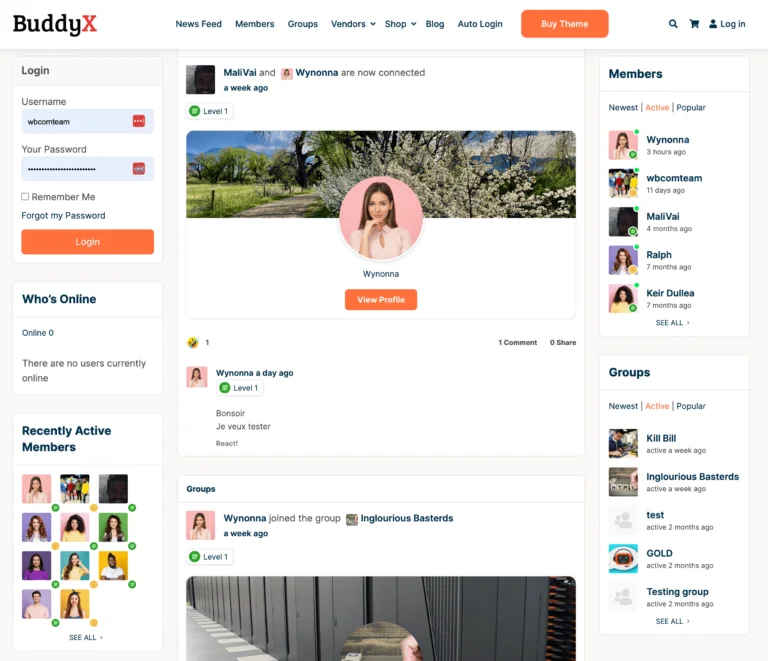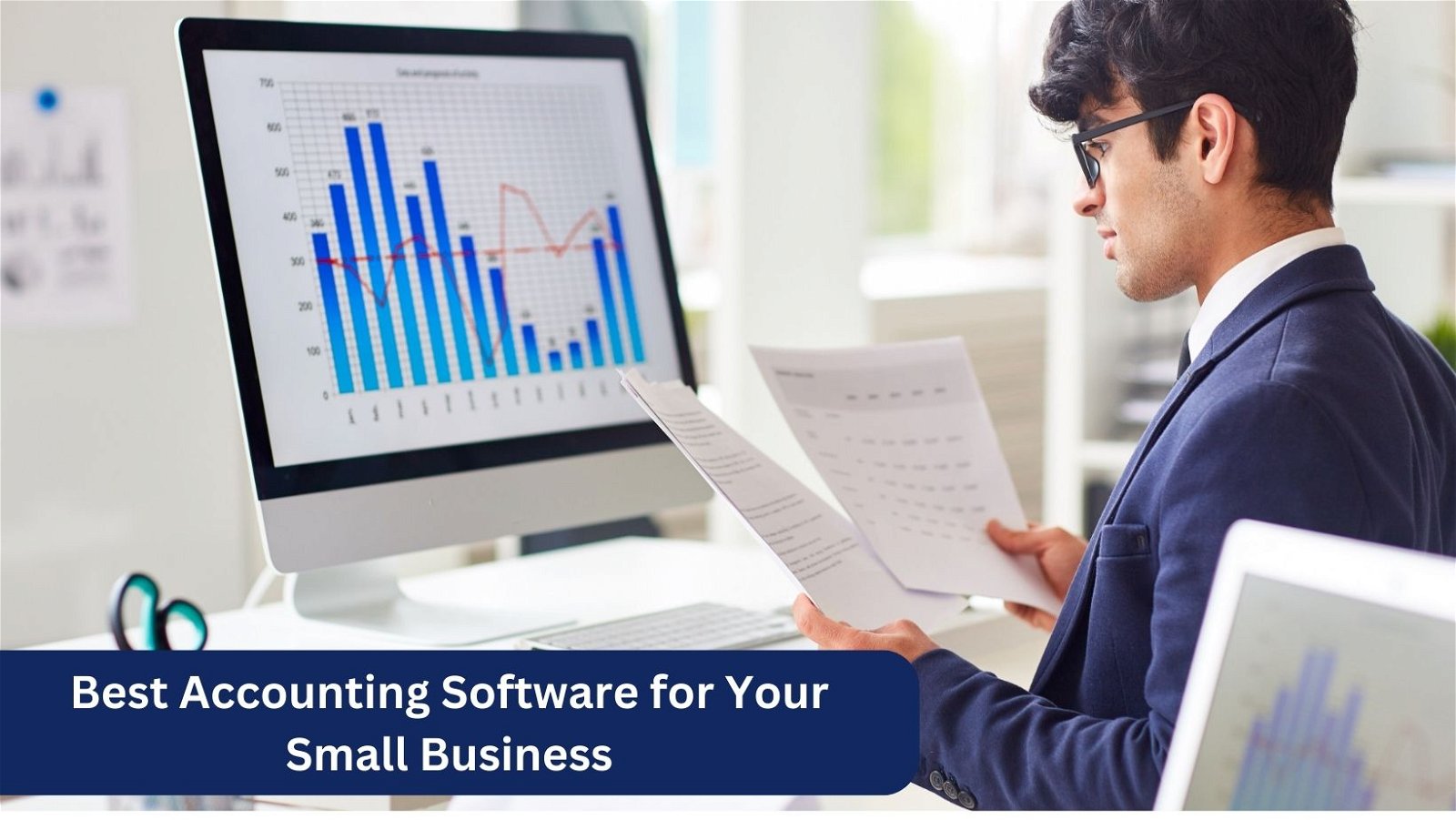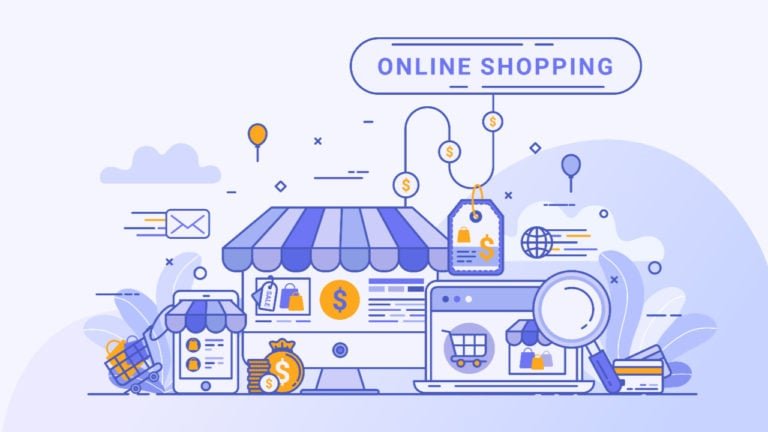While manual accounting can work in the beginning, there comes a time when the inventory and sales are too much to handle. When bookkeeping gets heavy, accounting software can be your best friend.
Not without a price though. Most bookkeeping programs demand premium costs every month if you want to keep using them. And not only that, they are not made equal. Some are experts in sales and payroll, but some are good at taxes and such.
Here in this article, we’re going to ease your decision fatigue. We provide essential guides to help you decide which accounting software is best for your business, niche, industry, and experience level.
Create an online Community Website
Checkout BuddyX Theme Demos
Buy the BuddyX Pro theme and Community Bundle Addons and create a highly engaging community platform Today!

Benefits of accounting software
Now that we’ve introduced the importance of accounting software, let’s dive into the specific benefits it offers for your small business.
While tools like a logo maker can help with branding and marketing to attract customers, effective financial management can only be achieved through accounting systems.
In this section, we’ll explore how the right accounting software can make a significant difference in how you run your business.
1. Efficiency
One of the most significant advantages of using accounting software is the increase in operational efficiency. Automated processes eliminate the need for manual data entry, which is not only time-consuming but also prone to errors.
For example, software like QuickBooks can sync with your bank account to automatically update your books. This feature allows you to focus on other critical aspects of your business, such as customer engagement and product development. Automation also extends to invoicing, where software can generate and send invoices on your behalf, saving you hours of manual work.
2. Accuracy
Accuracy in financial records is crucial for any business, and accounting software helps you achieve just that. Advanced algorithms and double-entry accounting systems ensure that your financial data is accurate and up-to-date.
Companies like FreshBooks offer accounting software specifically tailored for self-employed professionals, small businesses, and freelancers, to ensure the highest accuracy.This level of precision is particularly beneficial during tax season, as accurate records can save you from penalties and help you take advantage of tax benefits.
3. Real-Time Updates
In today’s fast-paced business environment, having real-time access to your financial data can give you a competitive edge. Accounting software often comes with dashboards that display key performance indicators (KPIs), income statements, and cash flow statements in real time.
For instance, NetSuite offers real-time dashboards that provide a comprehensive view of your business finances, allowing you to make informed decisions quickly.
4. Compliance
Compliance with local, state, and federal tax laws is a complex task that accounting software can simplify. These programs are updated regularly to reflect the latest tax codes and regulations.
Sage Intacct, for example, has built-in compliance management tools that help you adhere to accounting standards and tax laws. This feature is especially useful for businesses that operate in multiple jurisdictions, as it helps maintain compliance across different regulatory environments.
5. Scalability
As your business grows, your accounting needs will evolve, and the software you choose should be able to adapt to these changes. Many accounting software options offer different plans that can scale with your business.
Consider Xero. They provide various plans ranging from basic to advanced, allowing you to upgrade as your business expands. Some software even offers industry-specific modules, making it easier for you to adapt the software to your unique business needs.
What factors to look for when choosing an accounting software
1. Features- Best Accounting Software
The feature set is a critical factor in choosing accounting software. Basic functionalities should include income and expense tracking, financial report generation, and customer management. These are essential for day-to-day operations and financial oversight.
Automations like recurring invoices and payment reminders can save time and reduce errors. These features streamline routine tasks, allowing you to focus on other aspects of your business.
Tax preparation features are invaluable, especially for small businesses without a dedicated tax team. The software should calculate taxes, generate forms, and facilitate e-filing to keep you compliant.
Additional services like HR and payroll can be a bonus, particularly for growing businesses. These integrated features simplify employee management and ensure data consistency.
By focusing on these key features, you can select software that meets your current needs and can scale with your business.
2. Usability
Ease of use is another crucial factor to consider when choosing accounting software. A user-friendly interface and straightforward navigation can make the transition from manual to digital accounting much smoother.
Look for software that offers intuitive dashboards, easy-to-find features, and quick setup processes. This ensures that you, and any team members who will be using the software, can get up to speed quickly without a steep learning curve. Software with high usability not only saves time but also reduces the risk of errors, making your accounting tasks more efficient and reliable.
3. Collaboration- Best Accounting Software

In today’s interconnected world, the ability to collaborate effectively is more important than ever. Cloud-based accounting software offers the advantage of easy sharing and multi-user access.
This is particularly useful for businesses with remote teams or multiple locations. Features like real-time updates and shared dashboards allow for seamless collaboration among team members.
Whether it’s sharing financial reports with stakeholders or giving your accountant direct access to the books, a collaborative platform enhances communication and decision-making. Therefore, when choosing accounting software, consider how well it facilitates teamwork and information sharing within your organization
4. Customer Support

Reliable customer support can be a lifesaver, especially when you encounter issues that could potentially disrupt your business operations.
When evaluating accounting software, consider the availability and quality of customer support services. Look for options that offer 24/7 support, multiple channels for assistance like chat, email, or phone, and perhaps even a dedicated account manager.
This ensures that you can get the help you need, when you need it, minimizing downtime and keeping your business running smoothly.
Good customer support can also assist you in maximizing the software’s features, offering tips and best practices that can benefit your business in the long run.
5. Easy integration with your established solutions and bank or other financial institutions
The ability to integrate with other systems is a significant advantage when choosing accounting software. Your business likely already uses various tools for tasks like inventory management, CRM, or e-commerce.
The right accounting software should easily integrate with these existing solutions, as well as with your bank and other financial institutions. This seamless integration not only streamlines your workflow but also ensures data consistency across different platforms.
For example, integrating your accounting software with your e-commerce platform can automate the transfer of sales data, reducing manual entry and the risk of errors. Therefore, opt for software that offers robust integration capabilities to create a cohesive and efficient business ecosystem.
Also Read: Does WooCommerce Collect Sales Tax?
6. Data security- Best Accounting Software

Data security is a critical concern when choosing accounting software, especially given the sensitive nature of financial information. A robust security framework should be non-negotiable.
Look for features like end-to-end encryption, which ensures that your data is unreadable to anyone without the proper authorization.
Two-factor authentication adds an extra layer of security by requiring a second form of verification in addition to your password. Regular data backups are also essential to protect against data loss from accidental deletion or cyberattacks.
Some software even offers advanced security measures like intrusion detection systems and regular security audits. Ensuring a secure platform not only protects your business but also builds trust with clients and stakeholders, which is invaluable for maintaining a strong business reputation.
Also Read: Easy Digital Downloads Plugin Review
7. Cost- Best Accounting Software
Cost is often a deciding factor for small businesses when choosing accounting software. While initial affordability is important, it’s crucial to look beyond just the upfront costs. Some software may offer low initial pricing but charge extra for essential features, software updates, or additional users.
Others might have a higher upfront cost but offer more comprehensive features that eliminate the need for other software, thereby providing better long-term value. Consider the total cost of ownership, which includes not just the subscription or purchase price, but also any additional costs like training, implementation, and ongoing maintenance.
A transparent pricing model without hidden fees will allow you to budget more effectively and ensure that you’re getting the most value out of your investment.
Final thoughts- Best Accounting Software
Choosing the right accounting software is important for your small business. You want a tool that does more than just number-crunching.
Look for features that meet your specific needs, whether it’s invoicing, tax help, or team collaboration. Customer reviews and free trials are great ways to test out your options.
The goal is to find software that makes your work easier, saves you time, and fits your budget. Take your time to make a decision, and you’ll set yourself up for long-term success.
Once you’re done with your accounting and it’s all set up, don’t forget your branding and marketing too. Turn to inexpensive logo designs to amp up your brand identity.
Interesting Reads:
How to Add Tax to WooCommerce: A Step-by-Step Guide






